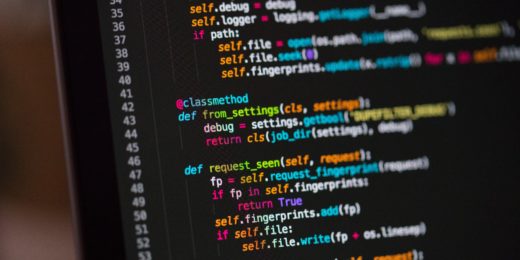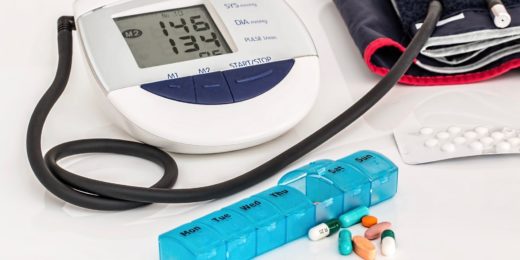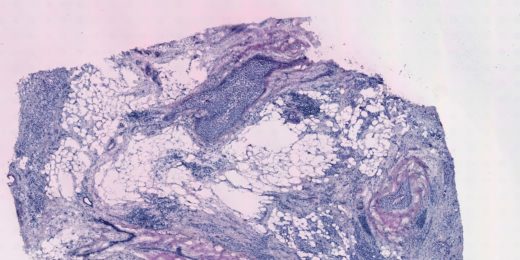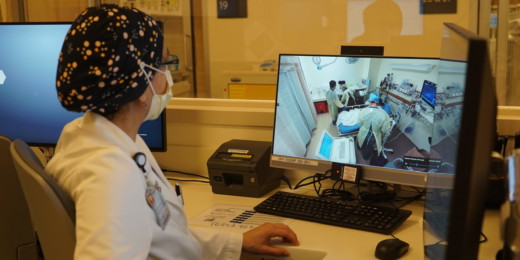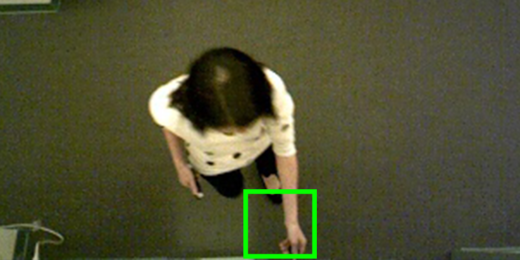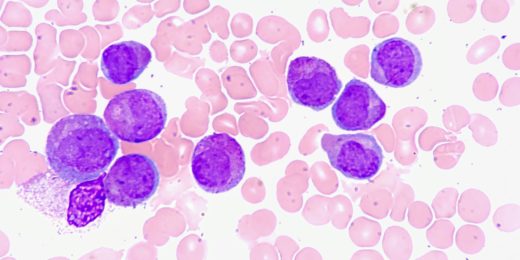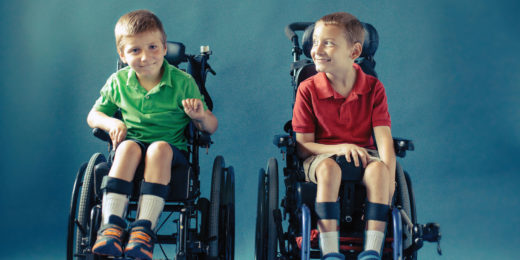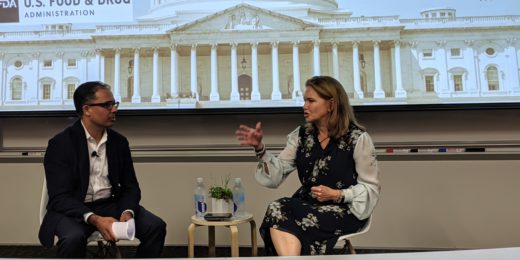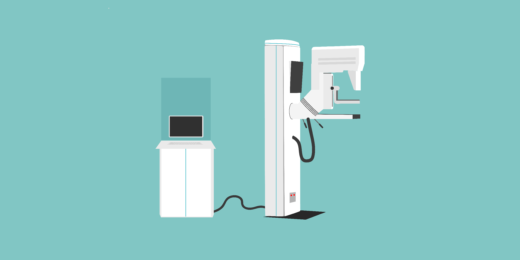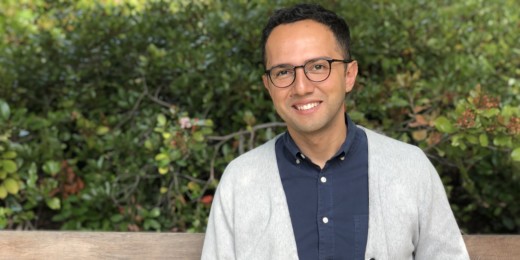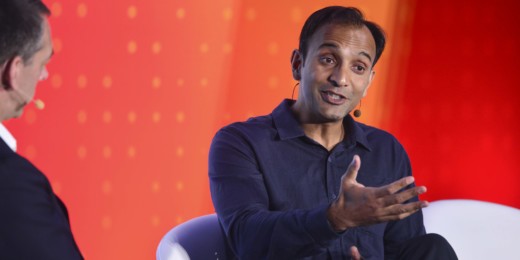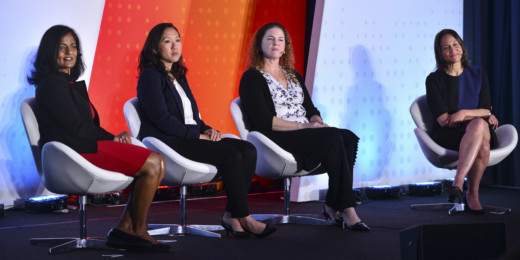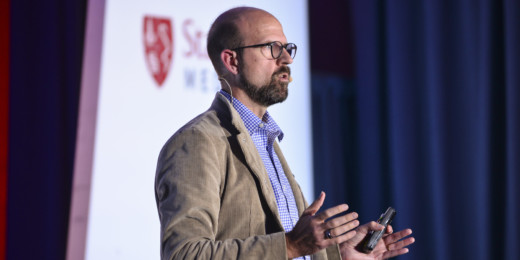A Stanford anesthesiologist co-founded a volunteer organization that maps COVID-19 testing locations and displays updated data about the pandemic.
Category: Data Sciences
High blood pressure drugs don’t increase COVID-19 risk, Stanford study finds
People taking two common types of drugs for hypertension are at no heightened risk, as has been feared, for increased severity or complications of COVID-19.
‘Instagram-like filter’ labels molecular details in tumor images
Scientists created an algorithm that analyzes a cancer biopsy and pairs spatial information with gene expression to better understand the disease.
AI predicts effective depression treatment based on brainwave patterns
Tracking brainwave patterns and symptoms in patients with depression, researchers used artificial intelligence to predict best treatment options.
Here’s how technology is helping residents during the COVID-19 pandemic
Technology has made it possible for Stanford Medicine residents to continue learning and caring for patients safely during the COVID-19 era.
When AI is watching patient care: Ethics to consider
Ethical and legal issues accompany the potential benefits of using computer vision-based ambient intelligence in health care.
Computer models show promise for personalizing chemotherapy
A Stanford biomedical data scientist discusses how computational modeling of big data could help improve personalized chemotherapy selection in the future.
Families find answers, and community, through the Undiagnosed Diseases Network
Through genetic tests and databases of symptoms, doctors in a network of clinical centers help families determine what is affecting their children's health.
Medical device safety in the real world: Tapping EHR data
Researchers at Stanford are mining millions of de-identified patient records using machine learning to determine long-term safety of medical devices.
Move quickly but safely: A view from inside the FDA
At a recent talk on campus, Amy Abernethy, an FDA principal deputy commissioner, discussed her career and her work to facilitate clinical advances.
Is that blood test really necessary? AI could help decide
Researchers at Stanford have devised an algorithm that predicts how likely a diagnostic test, when repeated, will yield useful information.
AI could help radiologists improve their mammography interpretation
Stanford researchers develop a machine-learning computer model for mammography assessment in hopes of aiding radiologists’ clinical decisions.
In the Spotlight: An unlikely path to science
In this In the Spotlight Q&A, radiology instructor Ahmed Nagy El Kaffas shares how a best friend and a trip to China shaped his early career.
The makings of a data scientist, at Big Data in Precision Health
At day two of the Big Data in Precision Health conference, DJ Patil shared how he discovered data science and was hired by the Obama administration.
From Big Data in Precision Health: Humanwide added patient data to primary care
At the Big Data in Precision Health conference, clinicians discussed using patient health data to enhance primary care through the Humanwide pilot project.
Sleep science takes the stage at Big Data in Precision Health
Speakers at Stanford's Big Data in Precision Health conference discuss how their work with big data impacts and informs sleep research.


